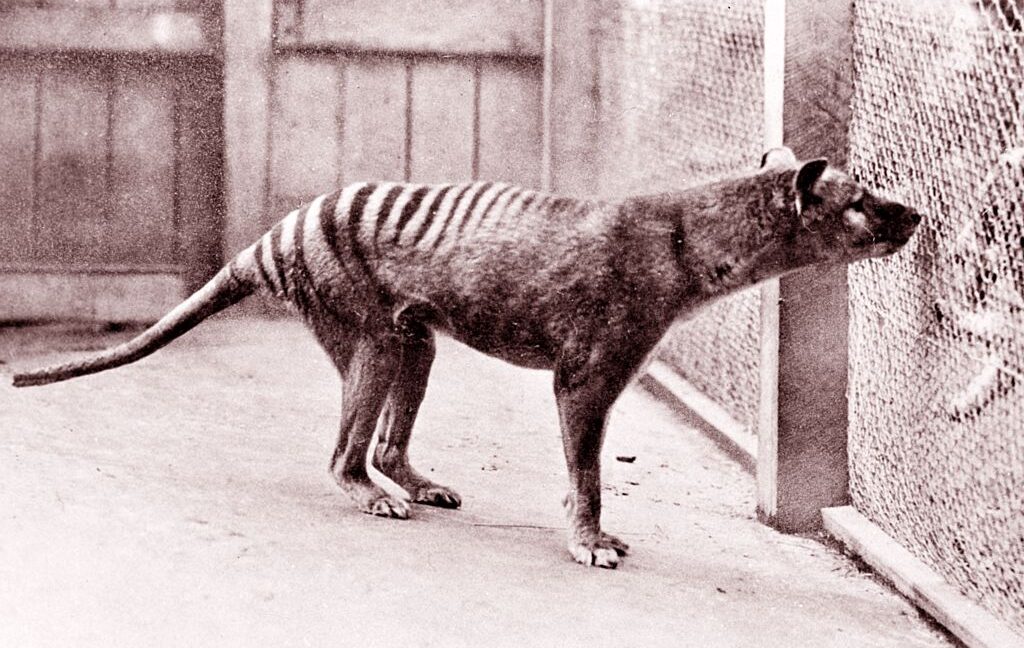"Colossal released a progress report on the work involved in resurrecting the thylacine, also known as the Tasmanian tiger, which went extinct when the last known survivor died in a zoo in 1936. Marsupial biology has some features that may make de-extinction somewhat easier, but we have far less sophisticated ways of manipulating it compared to the technology we've developed for working with the stem cells and reproduction of placental mammals. But, based on these new announcements, the technology available for working with marsupials is expanding rapidly."
"Colossal has obtained a nearly complete genome sequence from a thylacine sample that was preserved in ethanol a bit over a century ago. According to Pask, this sample contains both the short fragments typical of older DNA samples (typically just a few hundred base pairs long), but also some DNA molecules that were above 10,000 bases long."
De-extinction company provides a progress report on thylacine efforts
